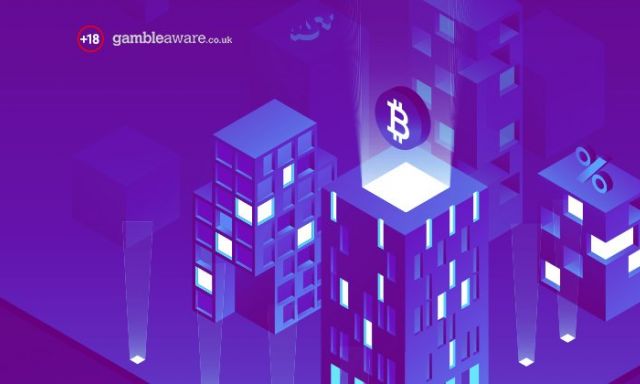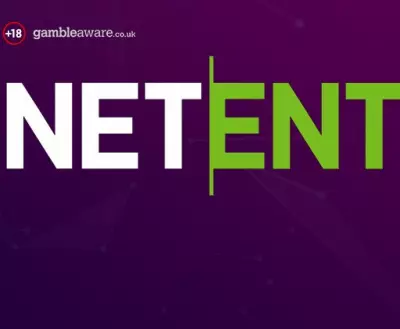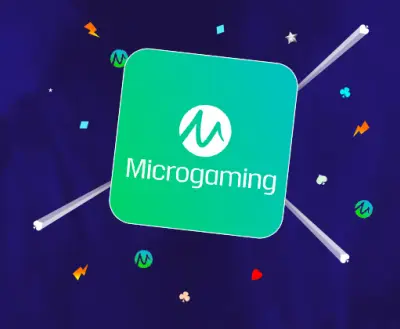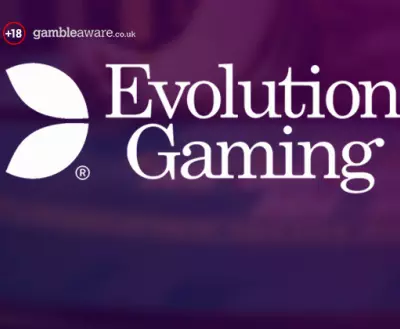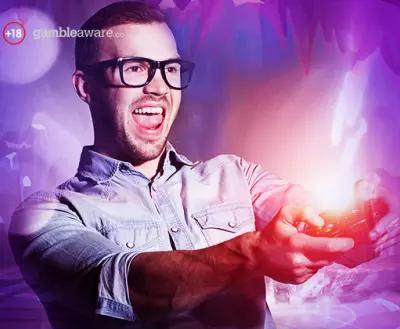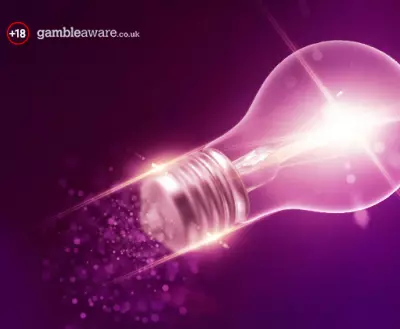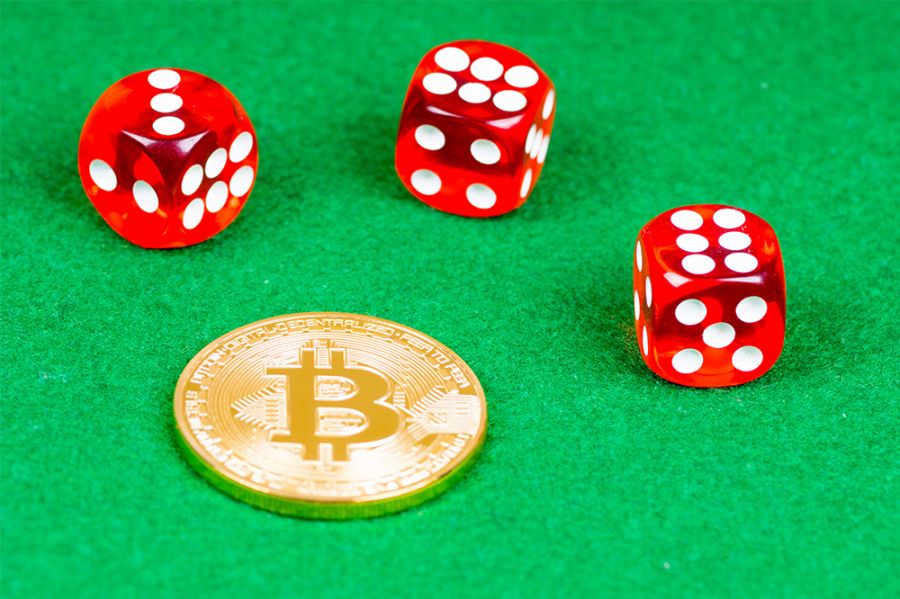
There has been an explosion in interest in Bitcoin and cryptocurrencies as a whole in the last year or so; even after the sudden crash and eventual stabilisation of Bitcoin values in the first quarter of this year, there has been growing speculation about further applications for blockchain technology beyond simply holding cryptocurrencies as investments or making straightforward transactions – some of the most interesting applications to emerge are in the world of online casino gaming.
According to tech-heads behind new cryptocurrencies like BetterBetting (BETR) and FunFair (FUN), both of which aim to create decentralised, fair and secure peer-to-peer betting markets, blockchain technology is the perfect tool for creating a truly global, trustworthy gaming market.
A bold claim, which depends on decentralisation as a first step that would sidestep traditional bookies and allow any two unconnected parties to place opposing wagers without the need for a common operator or middleman. BETR currently uses the Etherium blockchain to essentially create an elaborate, yet transparent, exchange service that holds sports bets in escrow and then settles accounts once the results are in. Anyone can access this system and verify outcomes against the rest of the blockchain to ensure that transactions have been carried out as they were supposed to.
The fact that no currency is being traded through a central intermediary – who would otherwise be bound by national gambling jurisdictions – also means that bets can be placed by anyone, anywhere on any event, potentially creating a much larger “global liquidity pool” and allowing for much larger bets than bookmakers would otherwise want to underwrite.

Existing online sportsbooks will still be able to provide bets at odds they find acceptable, but because anyone can match up bets against anyone else, they would no longer have a place as gatekeepers to the market. While this could erode any “house edge” that an operator may previously have relied upon, they could find savings that more than balance this out. The peer-to-peer public ledgers of a blockchain are far cheaper to access than constantly maintaining server banks. They’re also more resistant to hardware failures, power outage or malicious attacks. And they’d be able to access a much larger worldwide market of cryptocurrency users without the need for a physical presence in each of those users’ home countries.
While Better Betting is currently mainly orientated towards providing an equitable sports betting platform, FunFair is aiming to create a blockchain-powered casino. While using the random number generating power of blockchains to create randomised games isn’t exactly a new idea, FunFair and their FUN cryptocurrency has taken huge strides towards making the idea fully workable by creating a an elegant solution to the biggest stumbling block facing the technology.
Until now game speed and fluidity have been hampered by the relatively slow speed of accessing the blockchain for each game outcome. Handling dozens of individual transactions (one random number generated bet) would also be prohibitively expensive, with transaction fees gobbling up an unacceptable chunk of each play. Instead FUN relies on its specialised “Fate Channels”, which create just one blockchain transaction when you start playing, which also sets up a “smart contract” tying it to the chain – meanwhile your gameplay then continues off-chain until you’re ready to stop playing, at which point a second and final blockchain transaction verifies the results of your session.
This counts as just one extended interaction with the Etherium blockchain and allows players to make hundreds of bets in a single sitting while only ever having to play a single gas (transaction) fee. And since gaming sessions occur on the Fate Channels, any congestion on the Etherium blockchain will not affect the actual games’ performance.

This is one factor that may help to persuade crypto-literate punters to take their custom to a platform like BetterBetting or FunFair, since all gaming results generated through the blockchain can be independently verified by players accessing the chain’s untampered data-feed.
Getting all these new users up and running should prove to be a much swifter process too, since no identification details, address, proof of residence, banking or payment card details are required – something that will doubtless appeal to players in territories where online gaming is much more heavily regulated and potential winnings may even face taxation.
This all sounds great, but how do you actually get playing? FunFair actually have a working demo of their platform up and running, which you can access from their website. From the “Wallet” section of their test casino, you can follow instructions on how to use the “MetaMask” tool to create a bridge to your crypto-wallet of choice (you’ll need to have already purchased some FUN tokens to play with). From there, simply choose any of the table games or slots available to start playing. Though this is just a showcase casino, it serves as an impressive illustration of just what a dedicated casino front could do with the technology. BETR also appears to be ready for implementation, with the announcement that it will be available to use and place bets with during the coming World Cup in Russia, which begins on June 14th 2018.
So we won’t have to wait too long to start seeing if ordinary players will be convinced by the promises of anonymous betting, verifiable odds and not having to store currency with a middleman. Likewise, we’re just going to have to wait and see how many companies are able to make effective use of these platforms’ and bring blockchain powered gambling to the masses.

